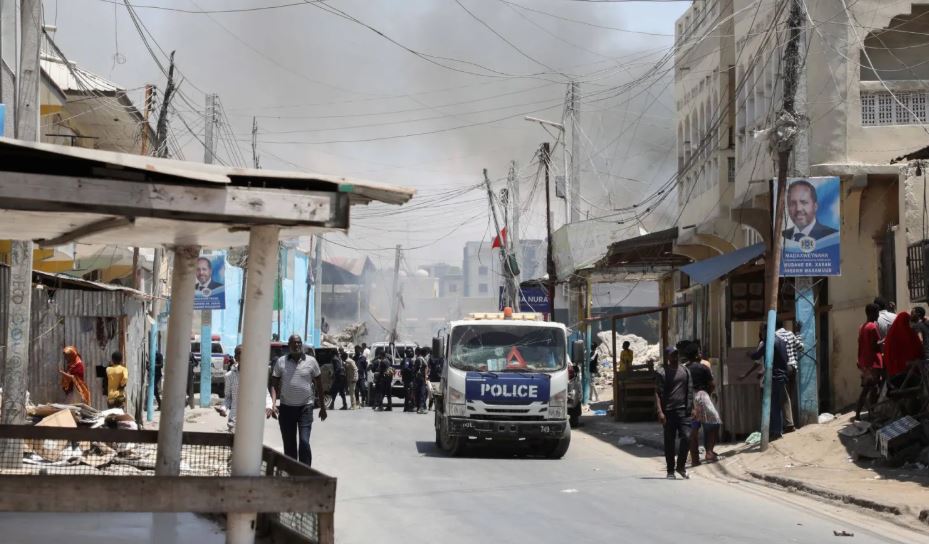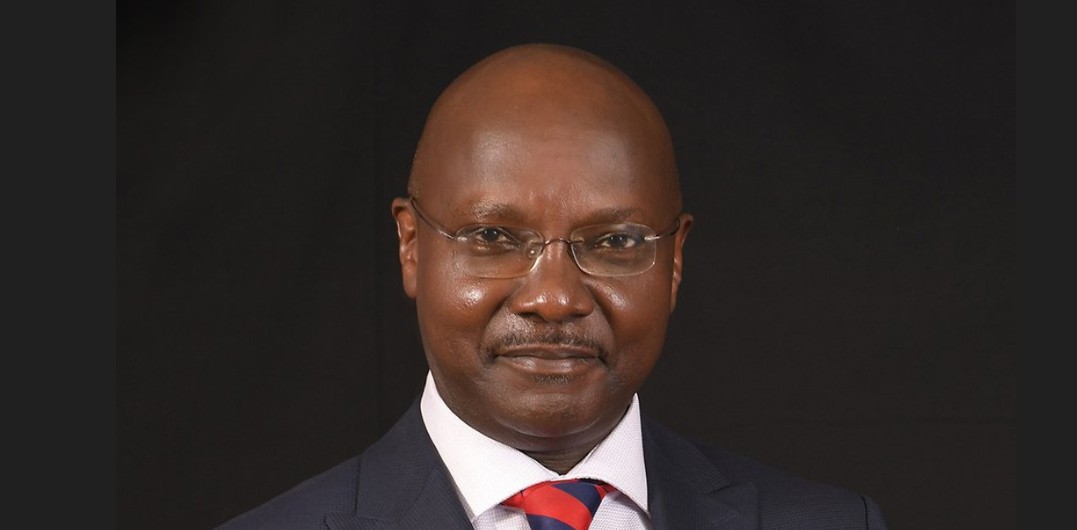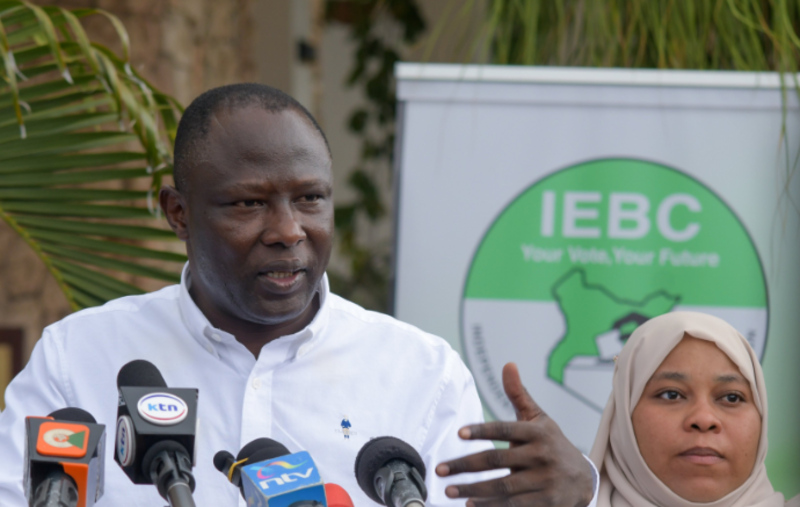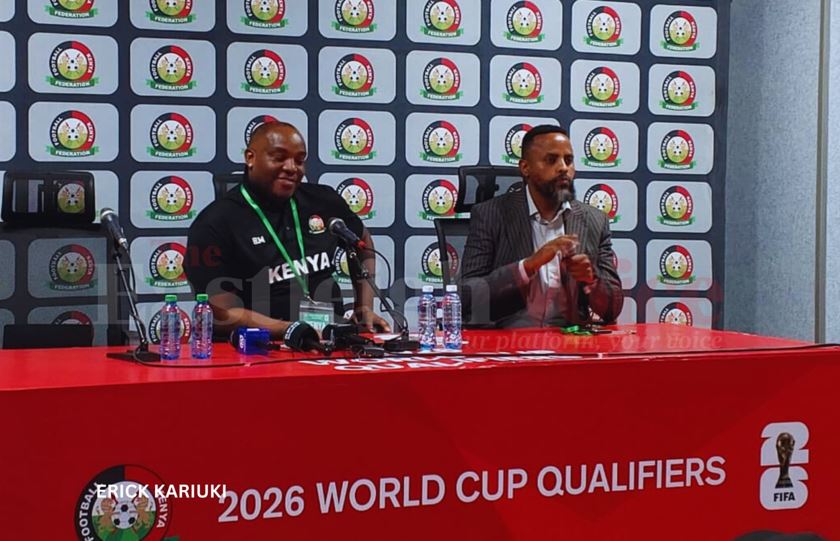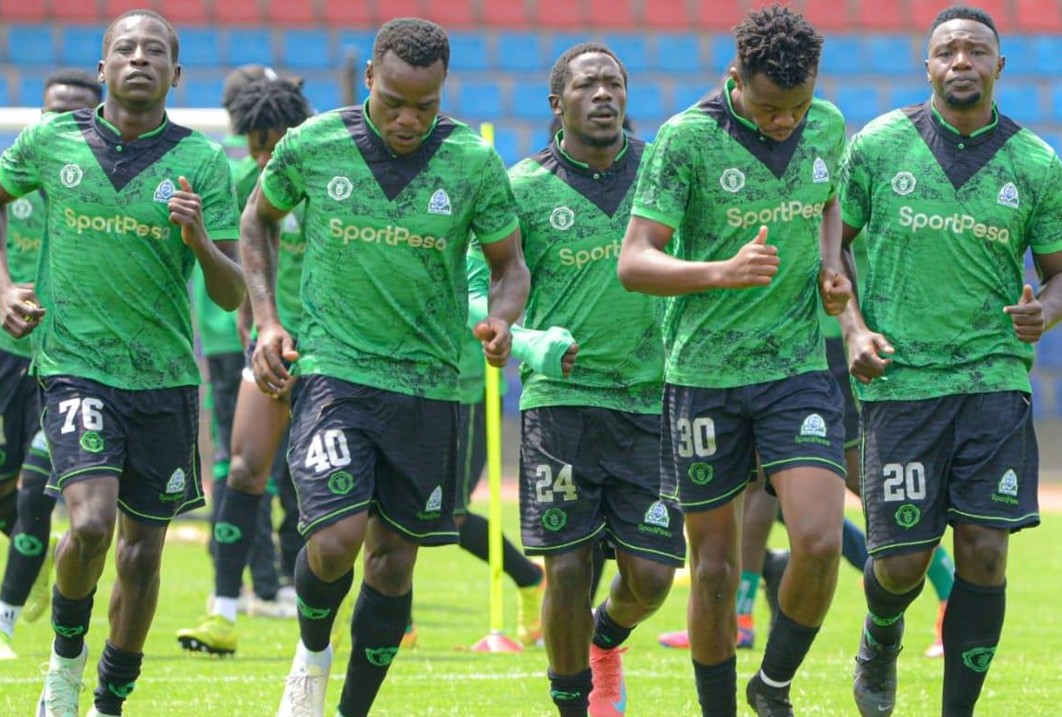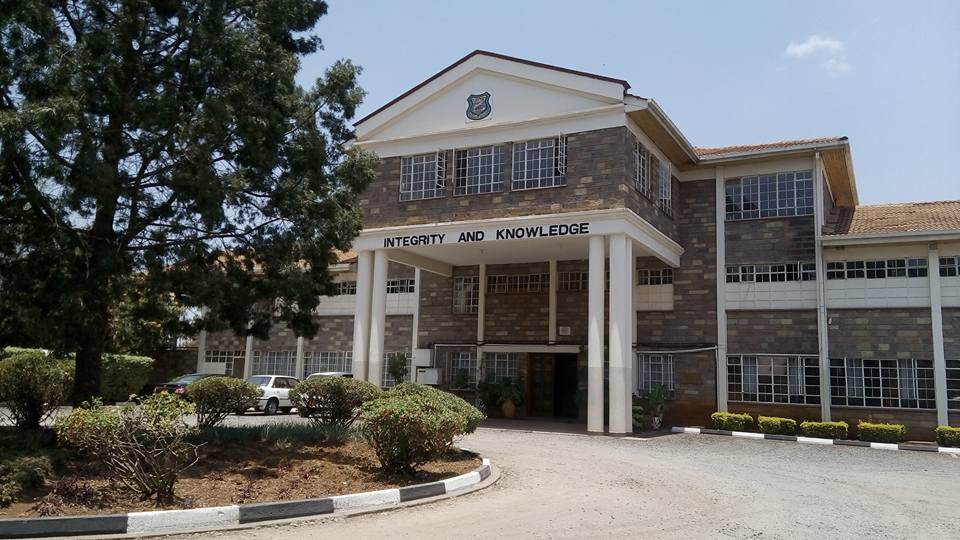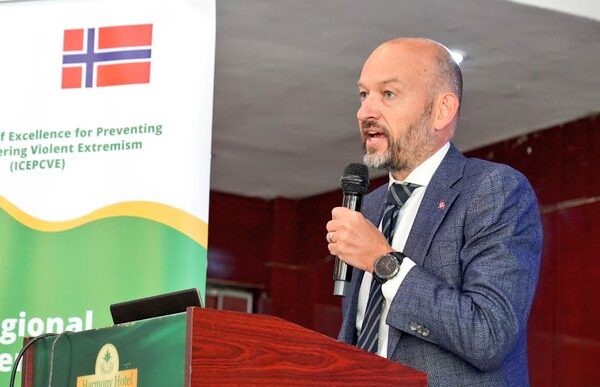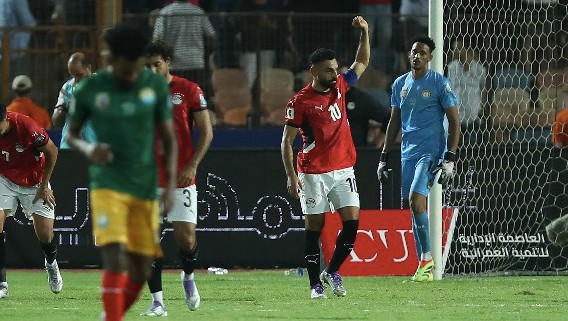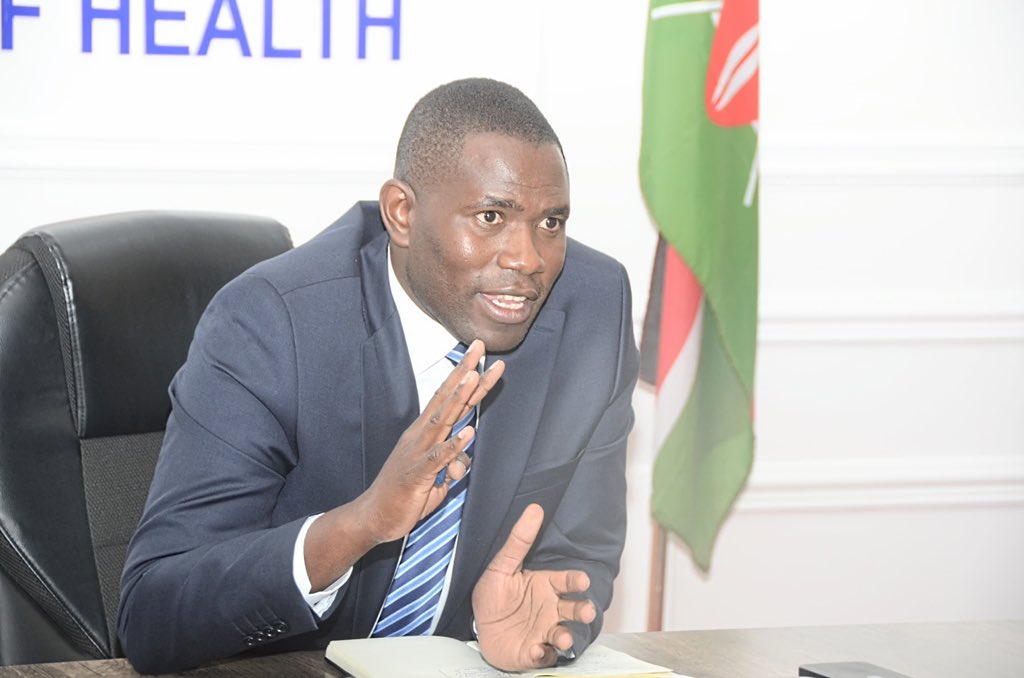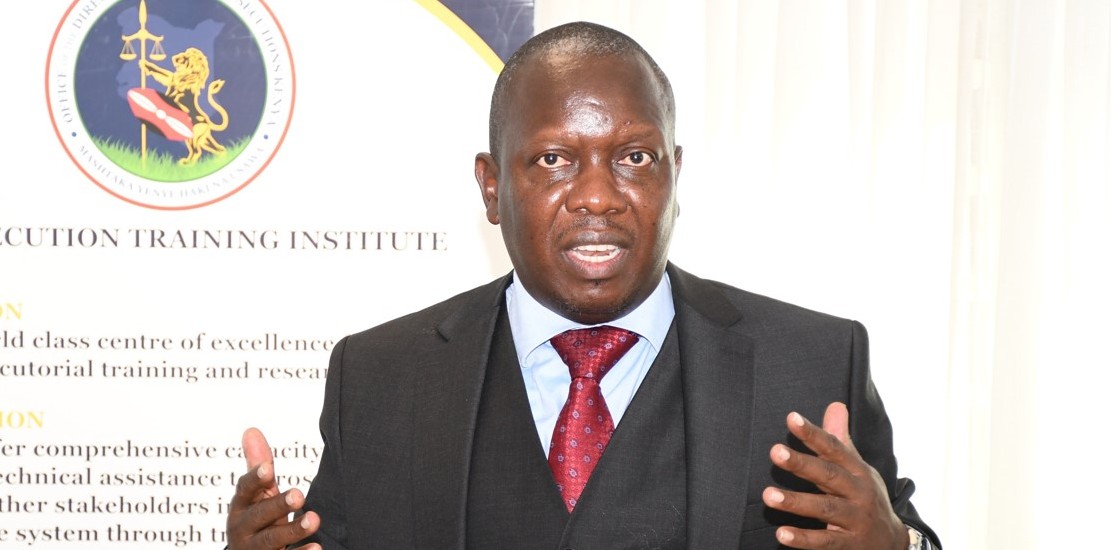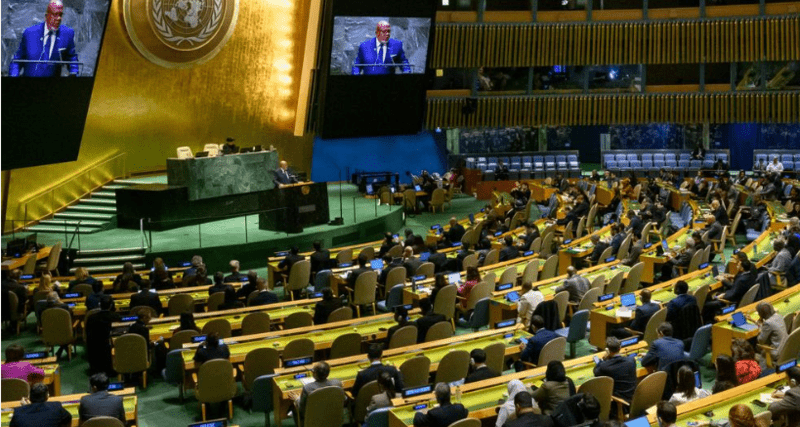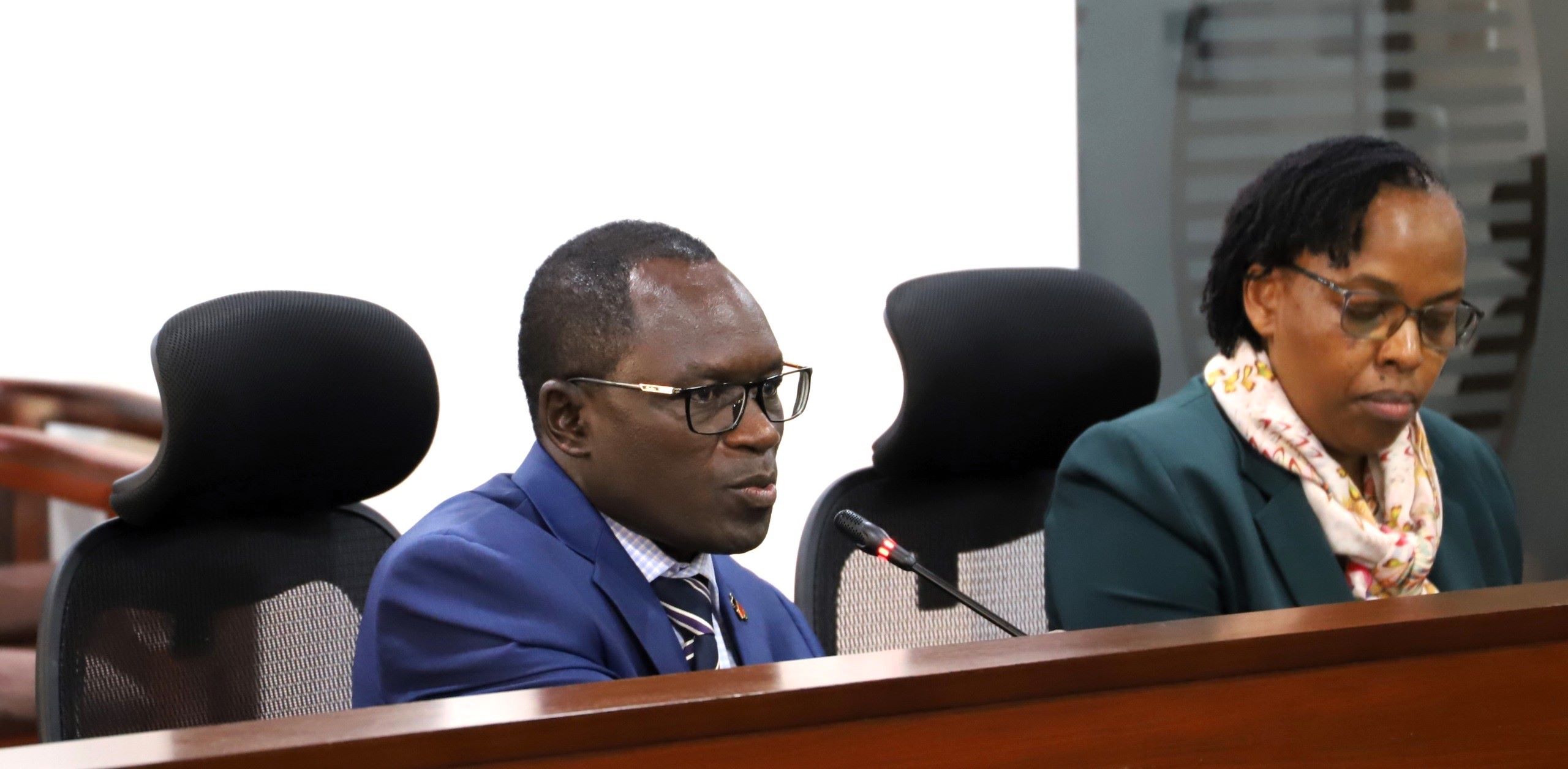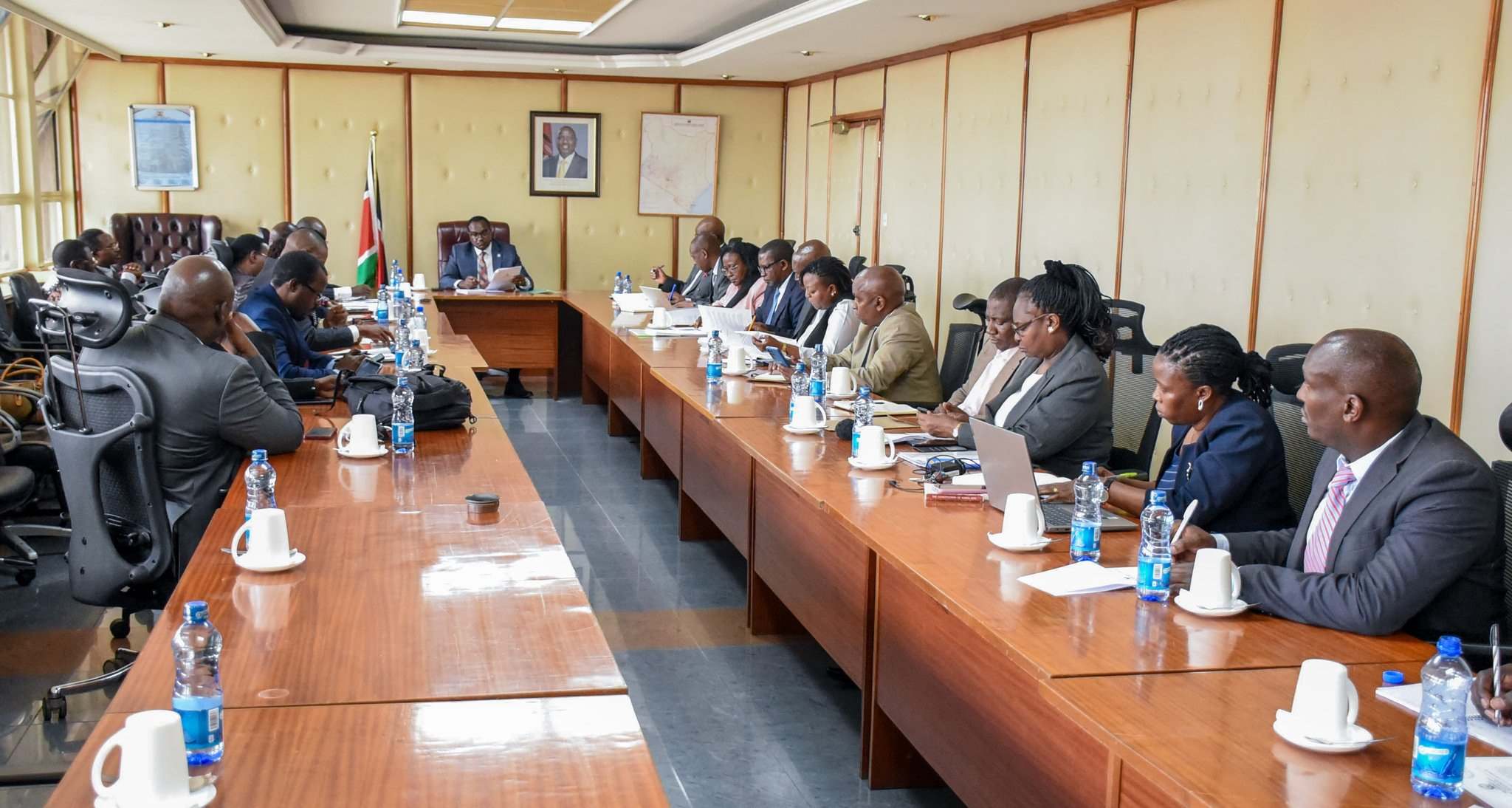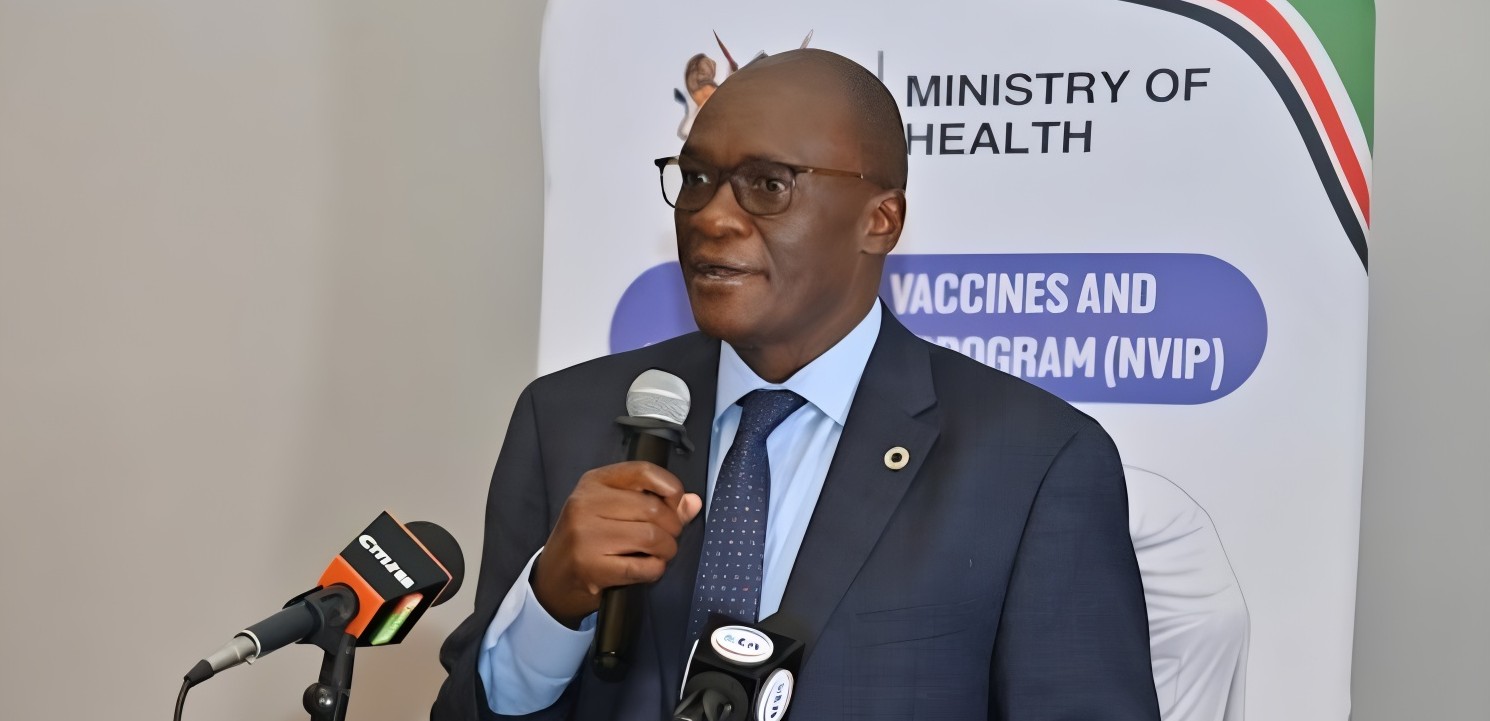Gitobu Imanyara: Why President Ruto does not believe in devolution
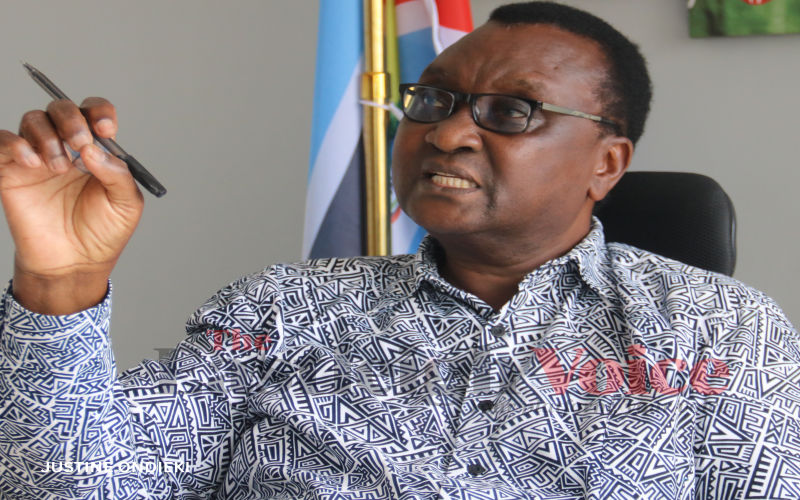
"What Ruto said at the devolution conference is far from reality and most of these governors representing the old order would probably be voted out," said Gitobu Imanyara.
After 12 years of devolution, opinions remain divided over its successes and failures.
However, governance and human rights advocates argue that Kenya could have made greater progress.
More To Read
- President Ruto champions African unity, self-reliance at GERD launch
- Justice and Equity Council backs suspension of Ruto’s compensation panel
- Africa secures Sh12 trillion to fast-track green industrialisation
- Concerns mount over mass displacement as Ruto’s Nairobi Rivers revamp gains pace
- Union demands full implementation of Ruto’s directive on UHC staff absorption
- Nairobi women caucus fault Ruto, Raila for scuttling Sakaja's impeachment
The Eastleigh Voice political reporter, Barack Oduor, spoke to human rights lawyer and politician Gitobu Imanyara about why he believes President William Ruto’s administration is stifling devolved governance and the impact this is having on human rights in the country.
Q: Devolution has been in existence for the last 12 years. What is your assessment of it, and what could have been the significance of its introduction?
A: The most significant change introduced by the 2010 Constitution was devolution. This shift aimed to bring governance closer to the people, moving away from the colonial-era provincial administration system that was marked by control flowing from the governor’s office down to chiefs and assistant chiefs. Under the KANU regime, starting with Jomo Kenyatta, this system became a hallmark of imperial presidency.
The 2010 Constitution sought to dismantle this by establishing devolution. However, there has been consistent resistance from the executive branch to relinquishing power from the centre. Despite these challenges, devolution remains an entrenched constitutional principle, and efforts by the executive to undermine it have not succeeded.
What we saw in the Homa Bay Devolution Conference was a mere display of power by governors. Instead of embodying the people’s sovereignty, governors have acted like 47 mini-presidents, meaning devolution has yet to fully realise the Constitution’s vision.
The good thing is that devolution is constitutionally protected and attempts by the central government to underfund counties have been unsuccessful. The spirit of the 2010 Constitution will prevail, transforming governors into true servants of the people rather than autocratic leaders.
Q: Despite the 12 years of existence, devolution is still facing setbacks, such as delayed disbursement of funds and not all functions have been devolved as the law requires. Do you think President William Ruto's administration has the will to have devolution succeed?
A: I was a member of Parliament in 2010 when Kenyans overwhelmingly approved the new Constitution. I was present in Parliament on the day the enabling provisions were passed to bring the Constitution into force on August 27, 2010.
The main opposition to the Constitution came from the KANU faction in Parliament, led by Ruto and his predecessor, Uhuru Kenyatta. Ruto’s voice was primarily heard in Parliament.
I recall they attempted to push through more than 200 amendments aimed at weakening the Constitution. Their efforts failed because we consistently denied them the two-thirds majority needed to amend the Constitution. If you review the Hansard, you will find a frustrated Ruto shouting at us, particularly when we staged walkouts to prevent the quorum, waiting for the Speaker to order us back.
There was a constitutional mechanism for implementing devolution, through the Charles Nyachae Commission. However, it faced many obstacles and eventually failed.
Q: What do you think should be done 12 years later? Should there be a review or changes?
A: What was needed then and what is still needed 15 years on is a conference like the one held at Bomas during the pre-2010 Constitution period. Such a gathering would review what has worked, what has failed, and what changes are necessary to restore the Constitution.
We should remove provisions that have proven unworkable.
Overall, the new Constitution, especially devolution, has transformed Kenya. Counties that once had no tarmacked roads now have them, marking a significant change. It has been transformative in its effect, and that is why we need to strengthen the areas in which it hasn't worked.
Q: Even after devolution came, political leaders are still trooping to the State House and paying political homage in the name of seeking development for their regions. Why is this so? Has devolution failed to some extent?
A: It is unfortunate that President William Ruto, once a strong opponent of the 2010 Constitution, now occupies State House. Old habits die hard.
Ruto has not internalised the vision of the 2010 Constitution and runs the government as if it does not exist. Fortunately, the Judiciary has largely been freed from executive control, especially from Ruto and his predecessor..
The courts have frustrated attempts to strangle the Constitution. However, there are now efforts to limit the Judiciary’s effectiveness by denying it the necessary funding.
When the Constitution was drafted, one key aim was to address historical injustices and underdevelopment through the Equalisation Fund. Yet, constant parliamentary battles over this fund suggest that the government may be undermining the spirit of the 2010 Constitution.
Q: Do you think the political leadership, those in government and even in opposition, are guided by the spirit of the Constitution and constitutionalism in their undertakings?
A: Greed and the thirst for money control many of our leaders, yet the true spirit of the 2010 Constitution is clear in Article 1, which states that all power belongs to the people.
Despite some politicians benefiting financially from the old order, it is the Kenyan people who are the real drivers of the Constitution. This will be evident in the 2027 General Elections, when practically all of them will be thrown out because they don't represent the wishes and the vision of the people.
Kenya needs leadership that truly understands the purpose of the Constitution. Ruto’s greatest failure has been his actions and inactions that seek to roll back the Constitution. This has fuelled the ‘Wantam’ slogan, with people simply demanding that he respect and follow the Constitution.
Q: President William Ruto spoke candidly at the Homa Bay County Devolution Conference on his commitment to ensuring that devolution succeeds. Do you believe in his commitment to devolved governance?
A: What President Ruto said at the devolution conference is far from the truth. Many of the governors, who represent the old order, are likely to be voted out.
In this regard, my friend Raila Odinga might be disappointed to hear that he has been a stumbling block by aligning himself with someone whose record opposes the Constitution, allowing him to remain in power under the guise of keeping the country together, when he is not.
Odinga once led demonstrations that had a significant impact, and tragically, many young people from Generation Z lost their lives during those protests. Ironically, the very person who was once seen as the father of protests is now hindering the younger generation’s efforts to realise a new constitutional vision.
Q: Kenya is faring poorly in its state of human rights, at least according to local and global reports. How can Ruto's administration shed this negative image?
A: We have never gone off the track as such because abductions have been occurring since the days of Jomo Kenyatta. What has set us back is the failure to implement the Constitution effectively.
This is why disappearances, unlawful arrests, abductions, killings, and large-scale human rights violations continue despite having a transformative Constitution. We should not rely on outsiders to tell us that we are misbehaving. We already know this ourselves.
Q: Finally, President William Ruto unveiled a framework to have Kenyans killed in protests against the government compensated. Don't you think this is an excellent move?
A: President William Ruto has mastered the art of buying time through public relations stunts.
However, compensation for human rights violations cannot be handled by the same executive branch responsible for those violations. For example, it remains unclear what criteria the Prof Makau Mutua-led committee will use to assess compensation.
Existing laws require that such compensation be determined by the Judiciary, which is why we have an Attorney General. It should not be handled by the Office of the President, given that it is that office which is responsible for the abuses. It is like killing young people and then offering to pay them. There is no legal framework backing the Makau Mutua committee.
Given his respected international reputation in human rights and transnational justice, Prof Mutua should advise the president to establish a judicial commission. This commission should identify the culprits and determine appropriate compensation for the victims’ families.
Top Stories Today
